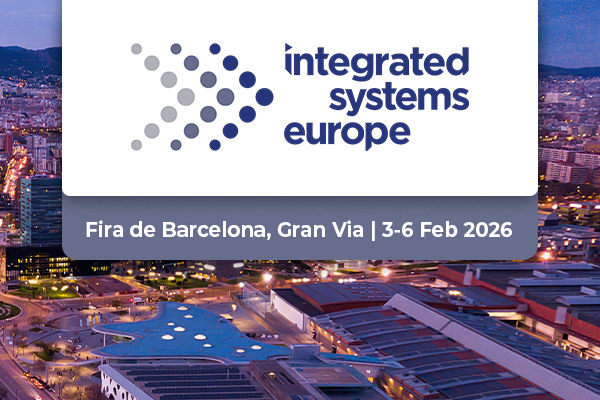
How CPaaS is Revolutionising NHS Appointment Systems to Combat ‘Did Not Attend’ Rates
August 15th, 2024
In the NHS, missed appointments / ‘Did Not Attend’ (DNA), are a significant challenge that drains resources and impacts patient care. With over 103 million outpatient appointments booked in 2021/22, approximately 7.6% ended in DNAs, equating to an average of 650,000 missed opportunities per month. The financial strain from these missed appointments is profound, costing the NHS dearly in terms of lost revenue and increased pressure on already stretched services.

Reasons Why Missed NHS Appointments (DNAs) Occur
There are a plethora of reasons and driving factors leading to DNAs and inflating NHS did not attend rates. A patient may have simply forgotten about their missed NHS appointment or feel better and are no longer in need of a consultation. Life may well get in the way; whether that is arranging childcare, carers or having a last minute urgent matter to attend to. The patient may have been unaware of the appointment in the first place or received incorrect information on when and where the appointment was, with no follow up confirmation. Work is also a factor affecting missed NHS appointments and did not attend rates. People may struggle to get the time off work, or perhaps more pertinently feel like they are not allowed the time to attend an appointment.
In most circumstances, a simple reminder or an easy facility to cancel or reschedule could alleviate a potential DNA. Currently reminders include letters, SMS and phone calls and have been shown to reduce NHS did not attend rates by up to 80%. These results can only be improved by making the communications with patients a two-way process, giving patients the ability to acknowledge or confirm an appointment and to make contact easily with the Trust should they then need to cancel or reschedule.
The Role of CPaaS in Addressing DNAs & Evolving NHS Did Not Attend Policy
Communications Platforms as a Service (CPaaS), like Cisco’s Webex Connect, are at the forefront of tackling this issue by enhancing patient engagement and improving communication efficiency. CPaaS healthcare technology allows NHS trusts to send personalised appointment reminders, confirmations, and follow-up messages through multiple channels such as WhatsApp, SMS, social media, and email. This proactive engagement helps ensure that patients are well-informed and less likely to miss their appointments.
The benefits of using CPaaS are multifaceted:
Overcoming Healthcare Management Challenges with Advanced Communication Technology
One of the key features of CPaaS is its ability to facilitate two-way communication, empowering patients to confirm, acknowledge, or reschedule their appointments. This interaction not only improves engagement but also streamlines the cancellation process, allowing for better management of clinic schedules.
Furthermore, CPaaS plays a crucial role in addressing health inequalities by offering digital engagement options for those who might feel uncomfortable making phone calls or have difficulty visiting clinics in person. By tailoring communications to meet the unique needs of different demographic groups, healthcare providers can ensure more equitable access to services.
CPaaS solutions also enable healthcare providers to deliver personalised care experiences tailored to individual patient needs. Through interactive messaging and real-time communication, patients can access relevant information, engage with their care plans, and make informed decisions about their health. This empowerment fosters a sense of ownership and accountability for one’s health, leading to improved adherence to treatment plans and better health outcomes.
Data-Driven Insights for Better Healthcare Management
CPaaS solutions leverage data analytics to predict patient behaviour and engagement levels across different patient populations, providing valuable insights into the unique challenges faced by specific demographic groups. This foresight enables healthcare providers to optimise scheduling and resource allocation more effectively. In partnership with companies like Deep Medical, which uses AI to predict DNAs with high accuracy, CPaaS platforms can enhance operational efficiencies and improve overall healthcare outcomes.
Conclusion: How CPaaS Can Reduce the NHS Backlog
As NHS England continues to tackle the elective care backlog, the integration of CPaaS solutions is proving indispensable. By reducing DNAs and enhancing the patient experience, CPaaS not only supports the NHS’s operational goals but also contributes to a more sustainable healthcare system. For healthcare providers looking to implement these technologies, platforms like Webex Connect offer a robust solution to meet today’s challenges while preparing for future demands.
For more information on how CPaaS can benefit your organisation, reach out to Cinos who specialise in healthcare communication solutions.




